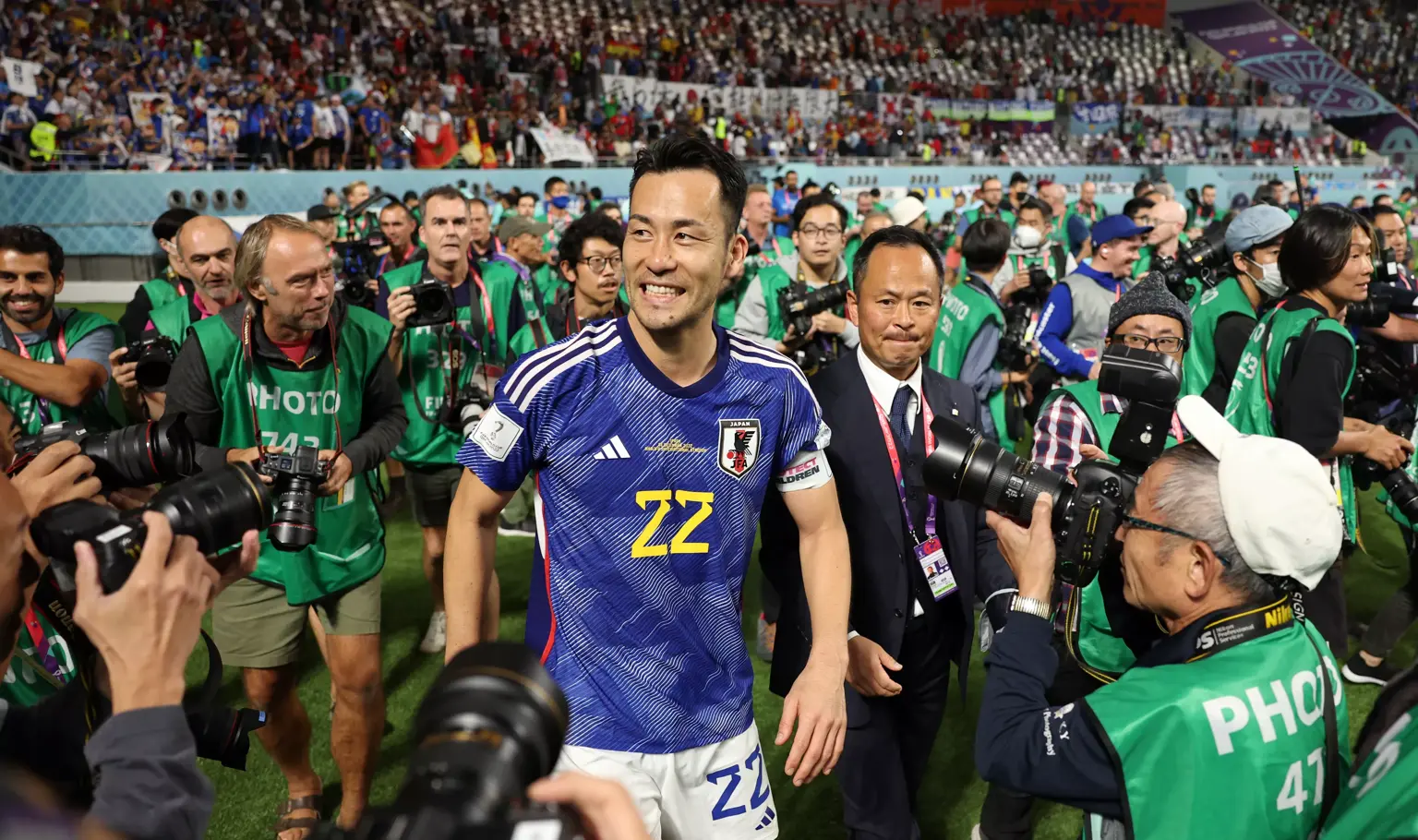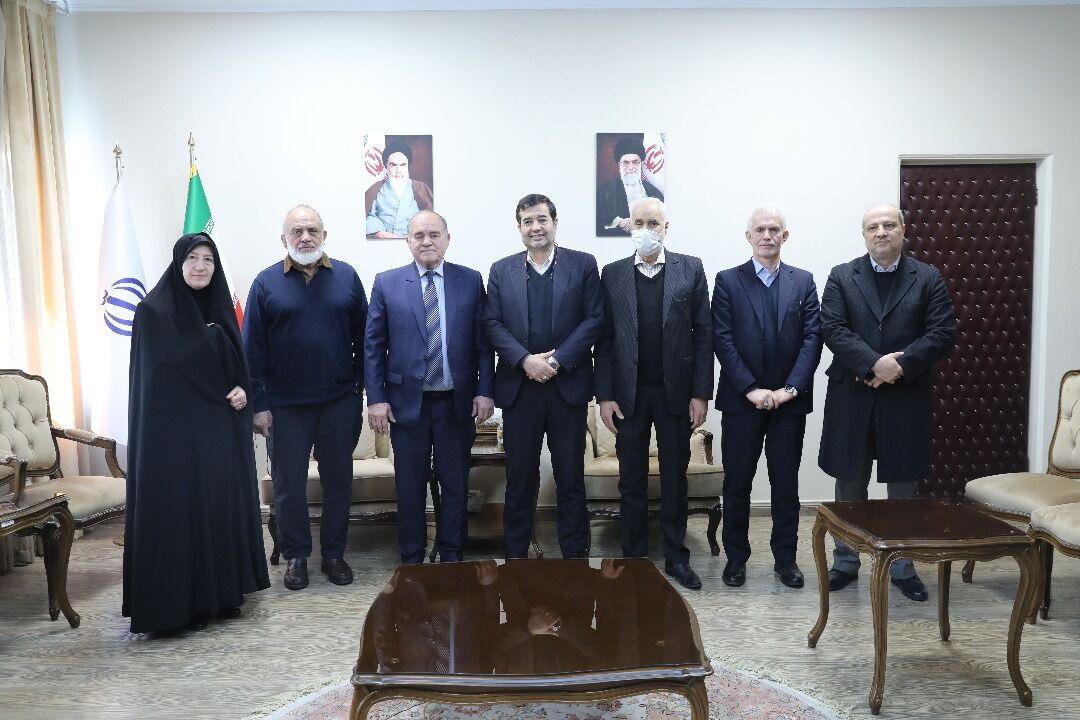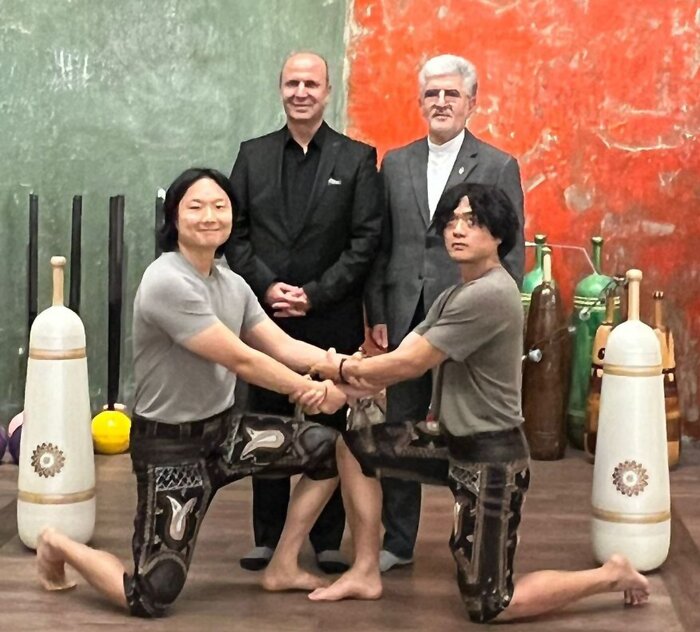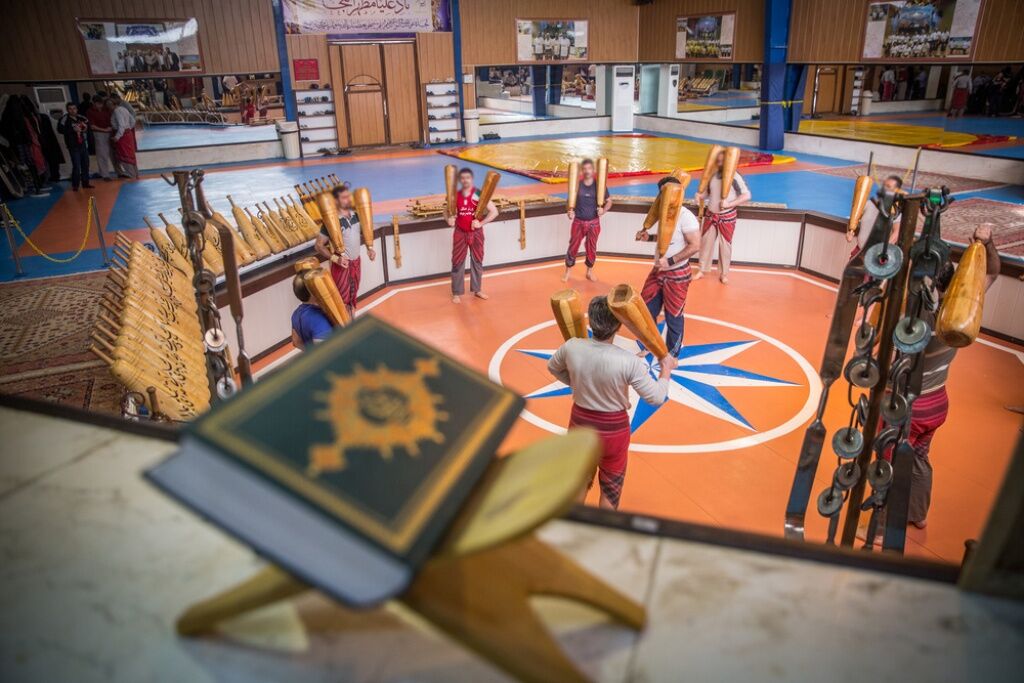Having represented his country on 126 occasions, Maya Yoshida knows all about the highs and lows of international football.
Who better, then, to provided not just empathy, but valuable advice to Japan’s brilliant but bruised class of 2024?
This talented generation had arrived at the recent AFC Asian Cup as heavy favourites, riding a wave of optimism built up by a series of stunning victories.
Japan, in fact, had won all ten of their most recent matches prior to the tournament, scoring 45 goals in the process and conceding just six. The emphatic style with which these victories, which included a 4-1 demolition of Germany in Dortmund, had been secured even led to suggestions that the Samurai Blue should be considered among the early title contenders for the FIFA World Cup 26™.
Football, of course, has a well established habit of upsetting the odds, and Hajime Moriyasu’s much-vaunted side came crashing down to earth after a defeat to IR Iran ended their title bid in the last eight. Yoshida, the team’s former captain – who has been out of the international fold since the FIFA World Cup in Qatar – admits he is looking forward to seeing how the current team deal with that unexpected blow.The 35-year-old centre-back, who now plies his trade for LA Galaxy, also spoke about his adopted city’s role in the 2026 global showpiece and this latest chapter in his distinguished career.
After playing for Japan for 12 years, you’ve been focusing on club football since the 2022 World Cup. How have you been dealing with a more relaxed schedule without international football?
Maya Yoshida: Yeah, the pressure is less, for sure. There was always big pressure for me as the national team captain. As you know, it can be crazy! It’s much better now, but I also don’t like to go too easy on myself, so I always try to find a new challenge. MLS is a very unique league with different rules, different culture, long traveling, many domestic rules. I’m enjoying this experience. It’s what I wanted after a long time in Europe. I needed something new. I’m really enjoying it. I’m really settled here now. LA is an international city with a lot of Japanese people, so I have no stress here. I feel comfortable.
Los Angeles will be a host city for the World Cup in 2026, and will stage eight matches, including USA’s opening game. How do you feel about that?
You can see a lot of investment is happening now. Across MLS, it’s not just Messi. In the last five to ten years, each city has built a new stadium and new facilities. The facilities here are much better than at smaller clubs in Europe. Even after the World Cup, for the next four or five years, for sure, football here will be growing a lot.
Were you following the recent Asian Cup? What were your thoughts about Japan’s quarter-final exit after losing to Iran?
Overall, I see that the gap between the big countries and the smaller countries in Asia is very tight now. When I was 20 or 21, there was a big gap. Football has totally changed. European-style football has been implemented in many more countries now. West Asian players have always been very quick and technically very good. Now that they have more discipline, work harder and analyse better, the gap is tight. After the World Cup, Japan still have the same coach, but most of the players over 30 are gone as they brought in new players.
Japan were so impressive at the World Cup 2022. Do you see changes in the team’s football now compared to how things were in Qatar?
How we play in the World Cup and in the Asian Cup is different: how we manage the game, how we control it, how we communicate, how we handle the atmosphere in stadiums, especially in West Asia, is all different in Asia compared to what we face at the World Cup. The Japan team now are missing this experience. The defeat to Iran is really painful. I think we missed a massive opportunity, but to achieve our main target of winning at the World Cup, this will probably be a very good experience for Japan’s younger players. I hope they learn from it.
This was Japan’s first major tournament without you in more than a decade. What will they need to restore the leadership that you provided?
Our generation of Japanese players had the same painful experience as well. So, for the players now, I want to see how they react. The important thing is that every player joins the national team without feeling fatigued, especially the ones who play in the Premier League and Bundesliga. It’s important to help them recharge mentally and physically.
There are so many Japanese players in top-tier European leagues now. You were one of the pioneers in that respect, so how do you feel when you see so many young players in Europe now?
I’m so happy about that. This is what I wanted from the beginning. Just before I left Nagoya in 2010, everybody said, “Impossible. Asian centre-back? You cannot speak English. Physically, you’re much smaller. Nobody has done this before. You’re too young.” People always find the negatives. That’s why I wanted to go to Europe. I’m so happy to see more Asians in Europe now.
On the flip side, how difficult is it for Asia’s star players in Europe to live up to the lofty expectations when they play for their countries back home?
At the World Cup, Japan cannot have a lot of possession, but in Asia, we have the ball most of the time. This is the biggest difference. Also, there isn’t much time to train with the national team. There’s also the long flight and jet lag but, still, if you’re a Liverpool midfielder like Wataru Endo, or an Arsenal defender like [Takehiro] Tomiyasu, you’re expected to perform. Sonny [Heungmin] for Korea is expected to score three goals every game. That’s much tougher than people think. Meanwhile, West Asian countries postpone their leagues for their national teams. Normally, they stop their leagues and have longer national team training camps. That preparation makes everything totally different.
What kind of advice do you have for younger Asian players who often come under public scrutiny because their national team performances are so magnified?
It’s a big problem. Mental health is a big issue, especially because social media is so big now. I also received a lot of criticism during the World Cup, in Italy, Germany and England. Sometimes, we have to detox from social media. We need a good distance between social media and reality. That’s very important.
- نویسنده : محمد مهدی اسماعیلی رها





























Saturday, 31 January , 2026